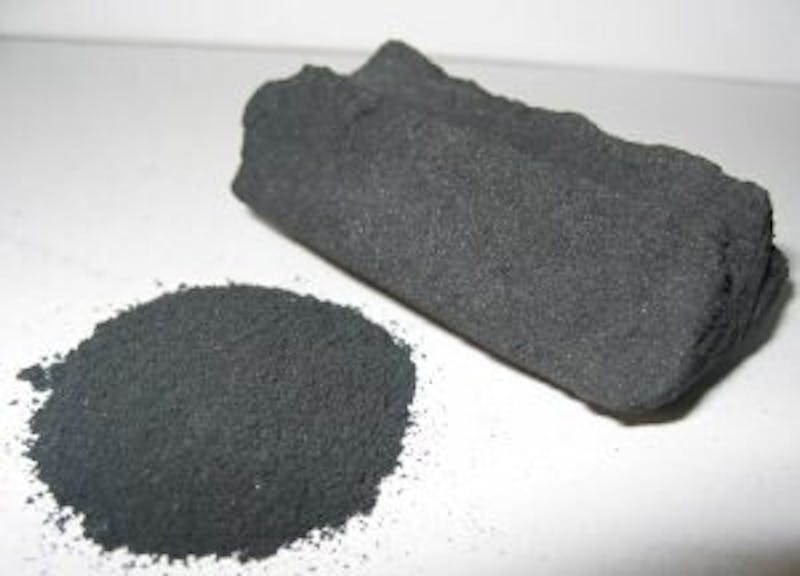
Activated charcoal is all the rage right now and for good reason. If there were an easier way to keep your teeth white that would be good news right? Lets take a closer look. Many believe using activated charcoal when brushing does a fantastic job of absorbing red wine, coffee, and tea stains. It is championed as the next "big thing" that will replace the peroxide-based toothpaste you keep in your medicine cabinet. But, there's a lot of debate about the effectiveness of activated charcoal on your teeth and the long term side effects, but people still seem to love it.
So, is activated charcoal the way of the future or yet another fad? First off, let's talk about what activated charcoal is. Thanks to its toxin-binding properties, activated charcoal has numerous medical uses. Its main medicinal use is poison treatment. Without getting too scientific, activated charcoal has a negative charge. This negative charge is where the magic occurs. Since many toxins are positively charged activated charcoal attracts toxins and traps them in its porous form. This actually prevents people from ingesting the toxin and causes it to pass through their digestive system harmlessly, which brings us back to teeth whitening. Those unsightly stains and yellowing are toxins. And since activated charcoal fights toxins, the results are whitened teeth. Sounds perfect, right? The answer isn't that simple.
Pros and Cons of Activated Charcoal
While activated charcoal gives all the nasty things in your body a friendly bear hug and passes them through you just fine, it can wreak havoc on the surface your teeth. This is because charcoal is a mild abrasive. It's almost like brushing your teeth with really fine sandpaper. Even with finely ground activated charcoal powder, most dentists recommend using it once a month at the absolute most. In the short-term, your teeth may look whiter after using activated charcoal. However, all you're doing is slowly sanding away your enamel. Teeth are covered in enamel, a tough mineral (even stronger than a bone!) that prevents your teeth from decay. Making sure your enamel stays strong and never erodes is extremely important.

It's simple: less enamel, less protection. Less protection, more risk for yellowing and staining. So by using charcoal to clean your teeth you're actually speeding up the aging process, making your problems problem worse in the long run. The problems don't stop at merely yellowing, either. Since you're grinding away your enamel, your teeth are incredibly susceptible to decay, cavities, and all sorts of other nasty problems. And, unlike other minerals in your body, once enamel is gone, it's gone for good and does not regenerate. It is imperative to maintain your teeth's enamel. What, then, what can you do to whiten your teeth? There are numerous safer treatments out there to give your teeth the shine you want. The options can be overwhelming.
Alternatives to Charcoal Teeth Whitening
One popular treatment is the Zoom2 Whitening System. A quick and painless treatment, Zoom2 will whiten your teeth up to eight shades brighter in less than an hour. The Zoom2 system drastically reduces tooth sensitivity compared to the Zoom1 treatment, and the procedure is fast and effective. Post-treatment instructions are simple: floss and brush twice a day, see your dentist for regular cleanings, and occasionally apply Zoom gel to your teeth. In other words, treat your teeth as you (hopefully) normally do. The results from Zoom2 are immediately noticeable, the treatment is quick, and painless, and the results last a long time. It's a win-win! There are numerous other ways to whiten your teeth, including many take-home whitening strips and toothpastes. No matter the method, however, activated charcoal is NOT the way to go for the long term. There is little science behind it, and its abrasiveness can decrease your dental health. Before beginning any form of teeth whitening treatment, always speak with a dental professional.
